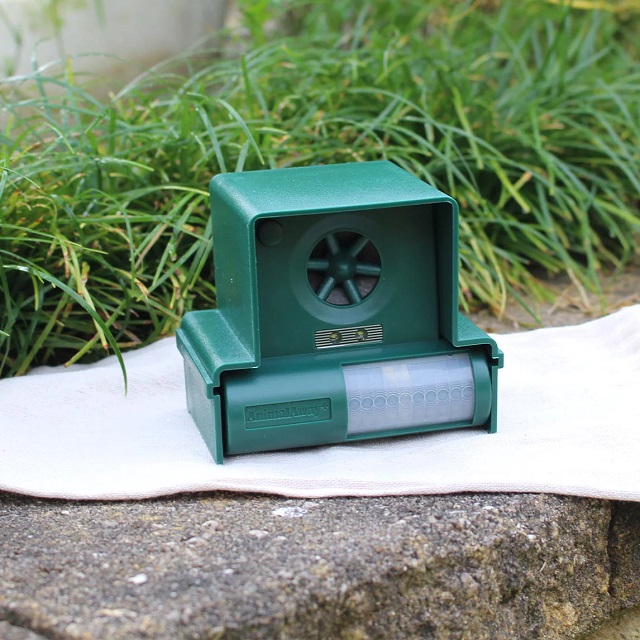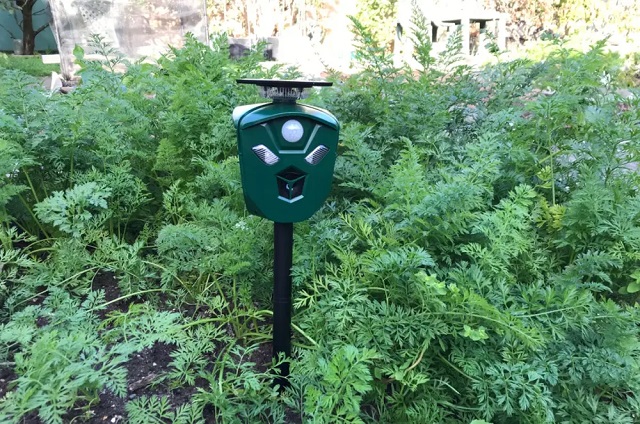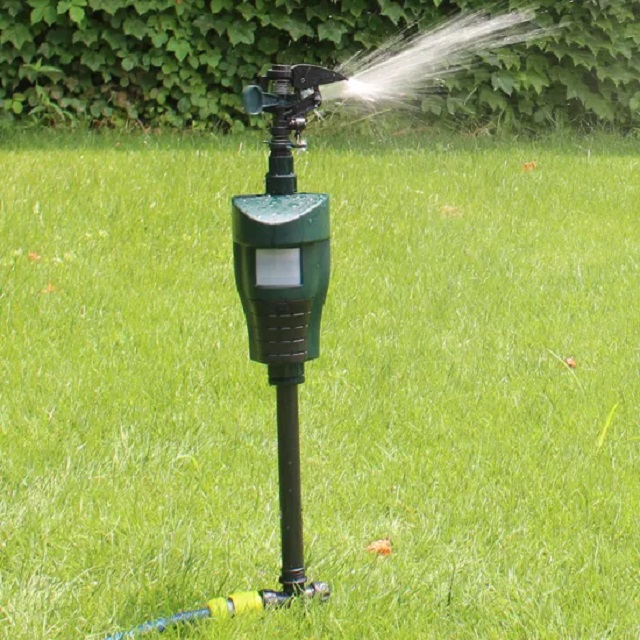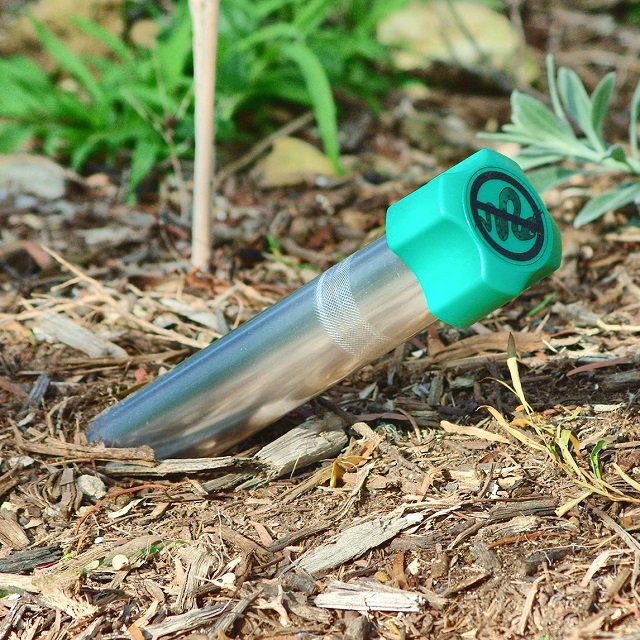Are you frustrated by finding pests in the garden? The battle against them is a common and well-known struggle for most gardeners. Usually, these problems aren’t that big, with the most damage the pests do being cosmetic. But, sometimes you can struggle with incursion and you need to find a way to eliminate unwanted guests in your garden. Some effective strategies and techniques can keep pests at bay, ensuring your garden flourishes with healthy plants, so let us see some of them.

Companion Planting
Companion planting is quite a common practice of putting specific plants alongside each other to promote healthy growth. This can also help you get rid of pests and you can pair your plants with species that naturally repel pests. Garlic is an excellent pest-repellent, so planting it here and there among your other vegetables can reduce the number of irritants in your garden. Other plants like that include leeks and onions.
Organic Pest Control
This is a method of controlling pests without using human-made chemicals. Many gardeners try to avoid chemicals when it comes to their gardens and understandably so, having poison-free organic pest controls is much healthier for you and your plants. The chemicals in some pest repellents affect the fruit of the plant and the soil, making it dangerous for you when you eat it. So, opting for something safer is the right choice. Here are some of the pest controls that you can try for your garden.
Pest Scarer

It’s a device that is triggered by an animal’s body heat, rather than just movement. When the animal steps into the beam area some very high-pitched sounds are immediately emitted and lights flash, scaring the animal away. These are ideal for scaring possums, dogs, cats, birds or any other animal. You can also have it on ultrasonic mode, making the pitch of the sound not audible to human ears.
Animal Deterrent

Another device that is motion activated. It has a metal ground spike to secure it in your garden. It has 360-degree motion sensors that detect pests up to 8m away. It emits a sound as well as light that deters animals such as rats, foxes, kangaroos, bandicoots and many others, excluding birds and snakes.
Spray Repellent

Spray repellents are usually made of chemicals, but there are some organic pest controls that use something less harmful, such as water. A device that detects the body heat of the animal and releases a spray of water along with unexpected noise and motion to scare and deter the animal. Unlike regular spray repellents, these are environmentally friendly and don’t hurt the plants or the soil.
Snake Chaser

There are a few types of this device, battery-powered and solar-powered. The way these work is that you install them in the ground on an angle and they create random vibrations at the bottom of the buried tube. Snakes see these vibrations as a threat and move away from the source, keeping your garden snake-free.
Fly Trap
Fly traps are very common and very convenient, but many times they are filled with harsh chemicals, so it’s important to pick these organic pest controls that are non-toxic and environmentally friendly, making them safe for pets and children. These organic pest controls are very easy to use, you just remove the label from the trap and empty the attractant into the container. Then just add water and stir until the attractant is dissolved and the flies will come on their own.
Plants For Pest Resistance
Some plants are natural repellents and deter pests. This is because the insects don’t like the smell of the plants. Some of these include lavender, thyme, mint, cilantro and coriander. You can plant them in pots and put them around the garden because some of these plants can be quite invasive and might harm the vegetables when planted in the same soil.
Healthy Soil
Healthy soil is the foundation of a flourishing garden and plays a vital role in pest prevention. Regularly put compost to improve the structure and fertility of your soil because well-nourished plants are better equipped to resist pests and diseases, creating an inhospitable environment for unwelcome visitors. Water your plants regularly because healthy plants are better at fending off pests on their own.
Beneficial Insects
In a garden where there are good insects, the bad ones tend to leave. So, creating a habitat for beneficial insects will help you get rid of the ones that are causing trouble. Planting herbs and flowers in your garden will confuse the pests. Plant sunflowers, alyssum and other flowers that have a flat shape and plentiful nectar. You can also cover your crops to attract good insects such as ladybirds and beetles and these will feed on common garden pests, maintaining a balanced ecosystem and protecting your plants.
Crop Rotation
Rotating your crops will confuse pests and it will reduce their concentration in specific areas. It means that you change the type of crops grown in a specific area of your garden. It will also help you manage the soil’s fertility since crop rotation helps enrich the soil for future crops without you adding compost.
When you decide to rotate crops, leave two to three years between planting members of the same crop family in a particular area. This might be a little challenging if your garden is small, but remember that if pests overcome your plants, don’t plant them in the same spot for at least two years. Having a thriving garden isn’t easy and you have to dedicate quite a lot of time to make sure that your plants and fruits are growing and are healthy, but it’s all worth it in the end.






















